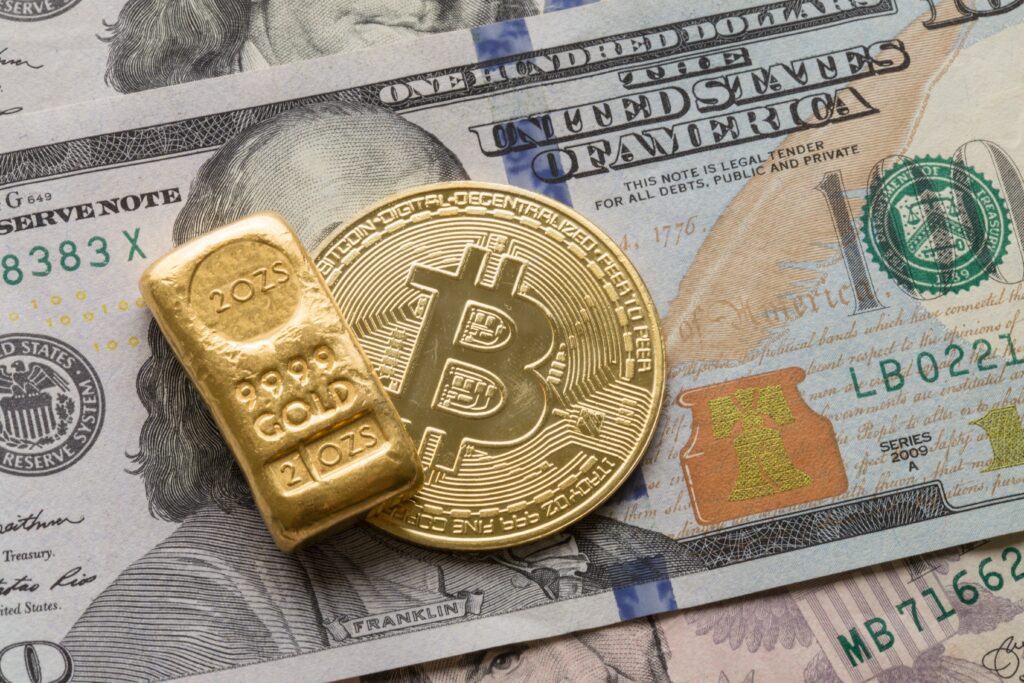By Stephen Buller
“Gold is money. Everything else is credit.” – John Pierpont Morgan
Regarding money, it would be wise to listen to the words of the founder of the largest bank on the planet, but I doubt he could imagine the world we live in today. Did Mr. Morgan simply lack the perspective to consider a technology like Bitcoin, or does gold have immutable characteristics that make it money?
This humble writer would argue the answer lies in the language we use, specifically the distinction between “money” and “currency.” Money has many characteristics, but the most important here is a “store of value.” Fiat currencies such as the United States dollar are the exact opposite of a store of value – they are designed to lose value over time. Gold has been a store of value for thousands of years. Bitcoin has exploded in price since its inception 15 short years ago.
The most important characteristic of currency, on the other hand, is it’s a medium of exchange. If your employer pays you in dollars, you have confidence your grocery store will accept those dollars for food. Most stores won’t accept payment in gold or bitcoin. Your federal government would prefer it stay that way – they like the monopoly they have on currency.
Many physical objects have been used as currency over the years, from seashells, to fabric, to gold. Bitcoin is referred to as a cryptocurrency, but it was designed to maintain value through scarcity, as well. Bitcoin shares many positive traits with gold, such as being untraceable, divisible, difficult to attain, and fungible (ie, one is as good as another). It is superior in that it can transact over the internet and be carried on a USB drive.
Bitcoin’s track record is too short for it to be considered money. It is a speculative technology that has great potential to empower the average citizen over a tyrannical monetary system that steals through inflation what it doesn’t steal through taxes. This potential is where its incredible price growth comes from, and the prospect of a private, digital currency we can all transact with is appealing.
However, if there is a perfect money, it won’t be one that makes a tiny fraction of the population ultra-wealthy overnight, while leaving everyone else in poverty.
Gold is money. It is real. It is atomic number 79, and it will be here long after humanity has gone – or in a “Mad Max” dystopia. Bitcoin isn’t really a currency yet, but it was designed to become one that plays a major role in the empowerment of individual rights – and a utopian future. There is a reason gold was confiscated in our recent history. There is a reason that cryptocurrencies are facing heavy regulation, as well as being copied by world governments to achieve the exact opposite of Bitcoin’s aim. Because we can’t see the future clearly, we might be wise to hedge our bets.

